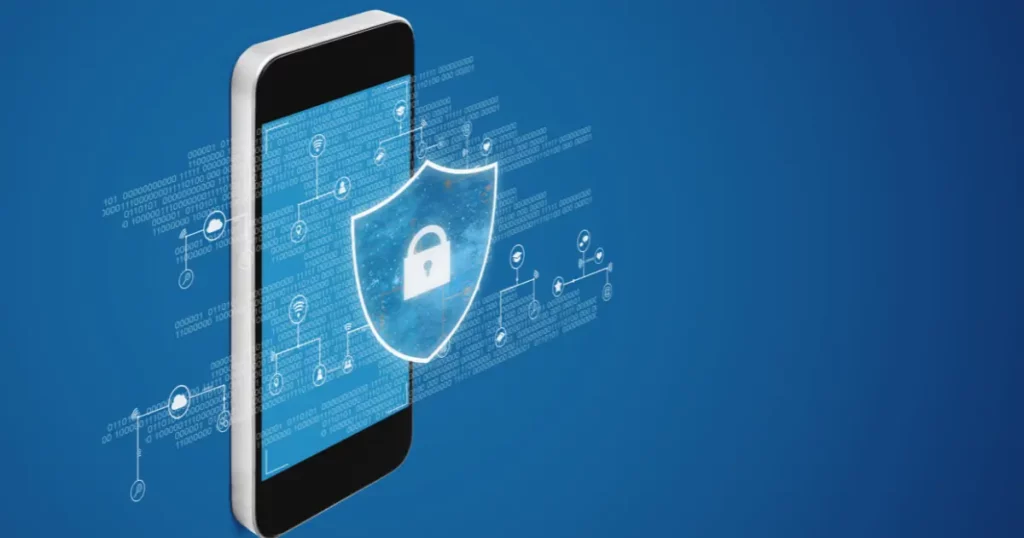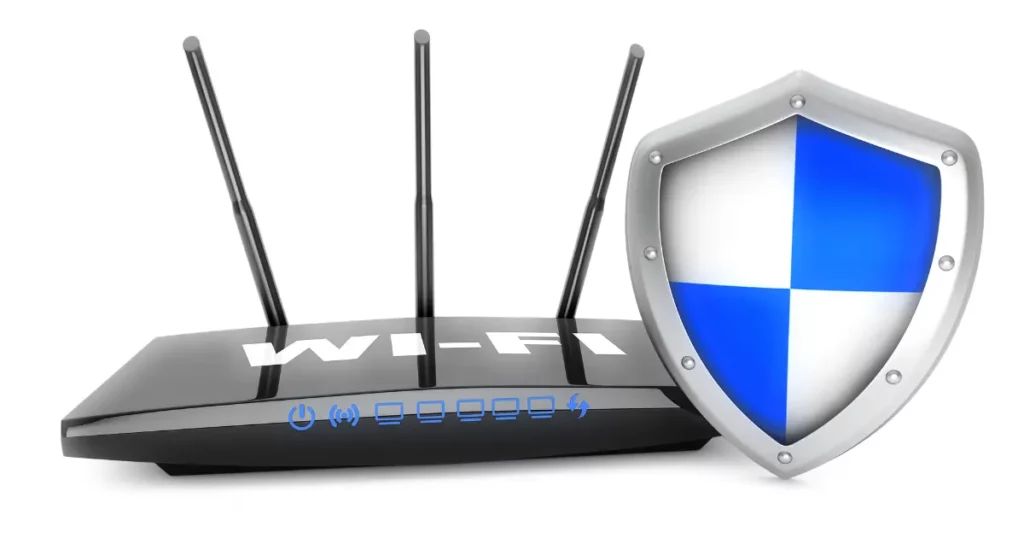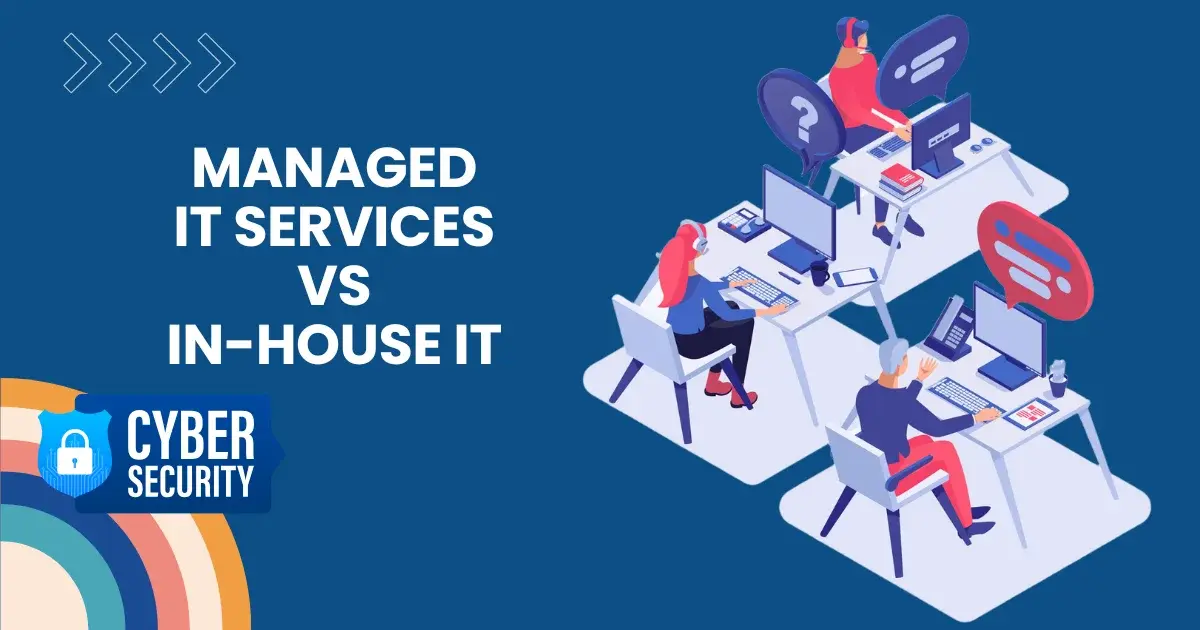How Can Cybersecurity Be Improved
- July 10, 2023
Given that nearly all business transactions and interactions occur within our computer and data systems, it comes as no shock that cybersecurity hazards rank among the primary menaces to businesses. While the digital realm enables accessing a more extensive clientele, it also exposes businesses to potentially fraudulent schemes and security jeopardies.
In 2023, businesses face their most significant peril from cyber events, encompassing outages, data breaches, and cyberattacks. IBM’s research reveals that data breaches in 2022 resulted in an average expense of $4.35 million for companies. Given this level of jeopardy, which can impact a business’s financial standing, stability, and reputation, it is imperative to implement preventive measures.
For robust cybersecurity solutions in Chicago, consider partnering with Advanced IT, a leading cybersecurity service provider, to safeguard your business from evolving digital threats.
Here are the following ways to improve cybersecurity.
Table of Contents
How to Improve Cybersecurity Efficiency

Based on recent approximations, cyber malefactors worldwide generate an estimated $1.5 trillion annually, an amount expected to surge in the foreseeable future continually. We possess some uncomplicated pointers about how to do cyber security.
Always Update Your System
Frequently updating your laptops, desktops, and mobile devices guarantees you receive the latest defense against hazards. Ensure all software stored on your company computer is regularly updated, as well as any mobile applications. The greater the age of the version, the simpler it becomes for a hacker to breach the barriers and gain access to the information within the device.
Establish Basic Centralized Contact for Guidance
You may designate IT protectors or advisors to serve as a liaison between different business departments and IT, providing casual guidance. It could be as uncomplicated as creating a dedicated email address. For those in need of expert assistance, our Chicago managed IT support services offer comprehensive solutions tailored to your business needs.
Implement password regulations
Potent passwords act as an initial safeguard against breaches, and periodic alterations aid in preventing unauthorized access. Nonetheless, the majority of employees will not willingly modify their passwords, even when prompted. Compel regular password updates and educate users on devising and recalling robust passwords.
Safeguard corporate smartphones

Smartphones used for business purposes can present security complexities, particularly if they contain sensitive data or have access to the company’s network. To avoid that, it is necessary to improve cybersecurity. Compel employees to password-secure their devices. Employ data encryption for employee information and deploy security applications to deter criminals from gaining entry to the device while connected to public networks.
Evaluate your employees thoroughly
It’s surprising how many companies utilizing software containing extensive private data and information neglect conducting background screenings on their staff. An employee with a history of criminal activities typically suggests that they should be barred from accessing critical information. It’s wiser to possess a comprehensive comprehension of the individuals you are recruiting into your organization rather than relying on optimistic assumptions.
Implement multi-factor authentication
Multi-factor authentication necessitates an additional method of personal verification to access software or complete a transaction. This might be as straightforward as inputting a memorable phrase or utilizing a passcode from a text message or dedicated application.
Establish backups

Backing up files, data, and having backup bandwidth capabilities will aid your business in preserving information in case of loss. Make sure to promptly duplicate and protect critical information, whether it is stored on your computer or in cloud storage. Utilize encryption and passwords to maximize coverage.
Conduct system audits for vulnerabilities
Are you aware of the vulnerabilities that lurk within your own systems? Now could be an opportune moment to enhance security, fortify the perimeter, and carry out penetration testing, particularly if there’s some flexibility or relief from routine tasks. Sounds like a worthwhile investment?
Ensure WiFi security

Gaining access to data via WiFi provides hackers with an exceedingly simple method to infiltrate. When establishing WiFi for your enterprise, create two distinct accounts: one for public use and another for private use. The public WiFi should be accessible to guests, while the private WiFi should be restricted to employee utilization exclusively. If feasible, confine WiFi usage to personal laptops and mobile devices.
Utilize available security alternatives
Certain applications include built-in security features. While it remains crucial to implement supplementary protections, vendors are knowledgeable about their own products and usually allocate substantial resources to provide a secure environment for users. Discover the security measures integrated into your software and utilize them to the maximum extent alongside other security measures you have implemented.
Conclusion
Cybercrime poses one of the foremost menaces encountered by businesses in the present era. Nonetheless, by adhering to conscientious measures, entrepreneurs can substantially reduce risks to safeguard their data and reputation. Refrain from succumbing to the typical pitfalls of neglecting your cybersecurity and take proactive steps to improve cybersecurity, as the consequences of a security breach cannot be overstressed. For comprehensive and reliable IT services, consider partnering with Advanced IT.





